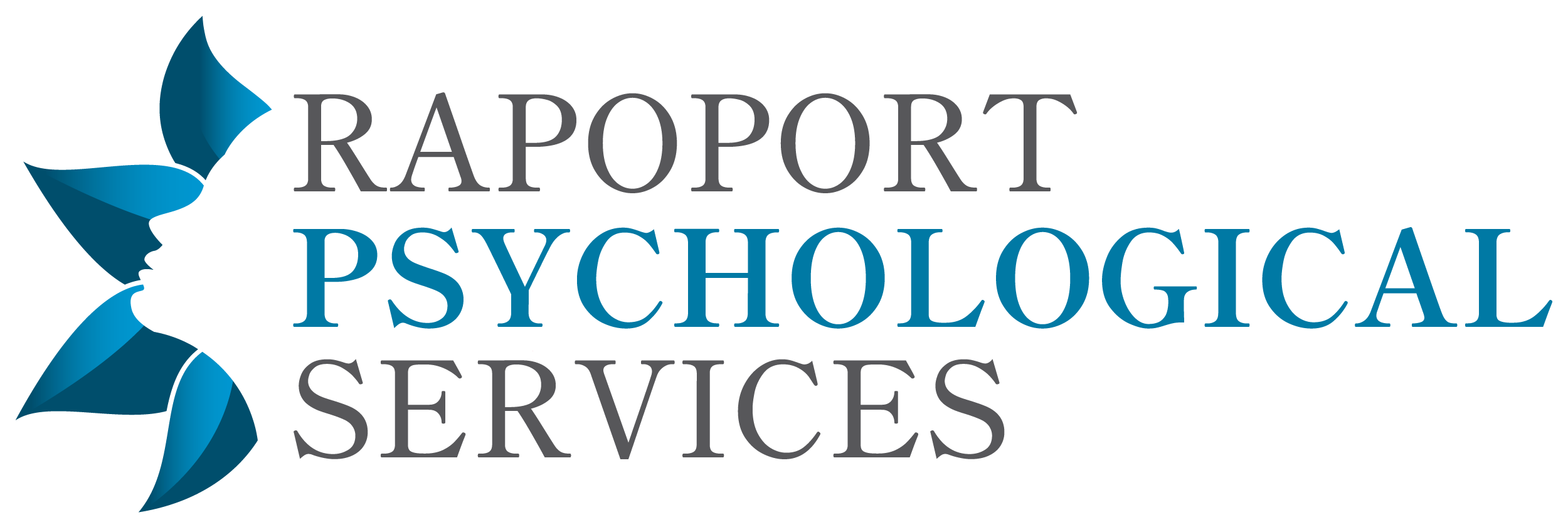3 Signs Someone You Know Is Struggling with Their Mental Health
Mental Health is defined as “an individual’s condition with regard to their psychological and emotional well-being.” The state of our mental health can affect how we think, feel, and act. Our mental health also helps determine how we cope with stress, how we relate socially to others, and whether or not we make healthy choices.
For many of us, balancing all the demands of work, school, relationships, life transitions, raising children, and managing finances can be stressful. Life transitions especially can cause high-stress levels, especially if those life transitions were not planned or prepared for. When someone is struggling with their physical health, it may be easier to identify, but how can you tell if a friend or family member is struggling with their mental health? Here are some common warning signs & symptoms that someone you know may need mental health help and support.
Common Warning Signs In Someone Struggling with Their Mental Health
Changes in Behavior
No longer participating in activities that were once enjoyable
Isolating themselves from friends and family members and not communicating as consistently as they used to
Changes in appetite such as losing their appetite or overeating or emotional eating
Increase in alcohol or drug use
Changes in sleeping patterns and showing signs of fatigue
Changes in Mood
Having difficulty coping with everyday stress or worrying more than usual
Overreacting to everyday situations and becoming extremely sad, irritated, angry, or aggressive
Feel sad or hopeless on a daily basis
Changes in Communication
No longer speaking positively and instead using phrases full of self-doubt or blame such as “I’m worthless,” “I’m messing everything up,” and/or “I can’t handle all of this.”
Frequent negative comments about their weight, their appearance, or other aspects of their lives.
Complaints regarding physical side effects such as sweating, increased heart rate, dizziness or headache, or gastrointestinal symptoms, all of which could be signs of depression and anxiety.
It’s important to recognize that warning signs are not always clear-cut. When a friend or family member is struggling emotionally, changes may appear very gradually and not so severe. It’s important to simply pay attention, and if your gut is telling you something is wrong, you can simply reach out and share your concerns regarding their mental health in a gentle way. What’s most important to remember is that you aren’t trying to diagnose anyone; you are simply trying to show that you care and assist in finding professional help or mental health resources for your friend or family member if they are open to receiving it. Sometimes just knowing there is extra support and care is enough to help someone through a particularly difficult time in life; other times, professional mental health help, such as support groups, is the best option.
As a friend or family member, if you see someone struggling with their mental health, you are in a unique position to notice warning signs. Sometimes all it takes is reaching out with a simple “Are you feeling okay?” to discuss how your friend or family members can find support to manage their stress or anxiety.
How To Help A Friend or Family Member Who Is Struggling
If you are concerned about changes you see in a friend or family member, you have several options. First, if you believe there is an immediate threat or suspect suicidal behavior, you can call 9-1-1 or a suicide hotline. If your friend or family is open to therapy or treatment options but not sure where to start, look for local therapists and see if you can set up a free consultation to discuss options. Choosing Therapy is a great directory that guides you to find therapists in your area or with a certain specialty.
Asking your friend or family member if they need mental health resources or help is always a good first step. It’s important to be non-judgmental and encourage them that asking for help is a sign of strength, not weakness. Connecting them with counseling and mental health services is an important part of the process, but it’s equally important for them not to feel judged. If you personally have overcome a mental health crisis or struggle, sharing your story may encourage your friend or family member to seek support as well.
It’s important to remember that while you are an important part of their support system, you should also be sure to take care of yourself. Worrying about someone and supporting them while they seek help can impact your own mental health, so remember to practice self-care and reach out for help when YOU need it also.
Below are some additional resources for immediate help:
988 Lifeline: Call or text 988, or chat online.
Crisis Text Line: Text “START” to 741-741
Substance Abuse and Mental Health Services Administration (SAMHSA) 24/7 Treatment Referral National Helpline: Call 1-800-662-4357
National Domestic Violence Hotline: Call 1-800-799-SAFE (7233), chat online, or text START to 88788



